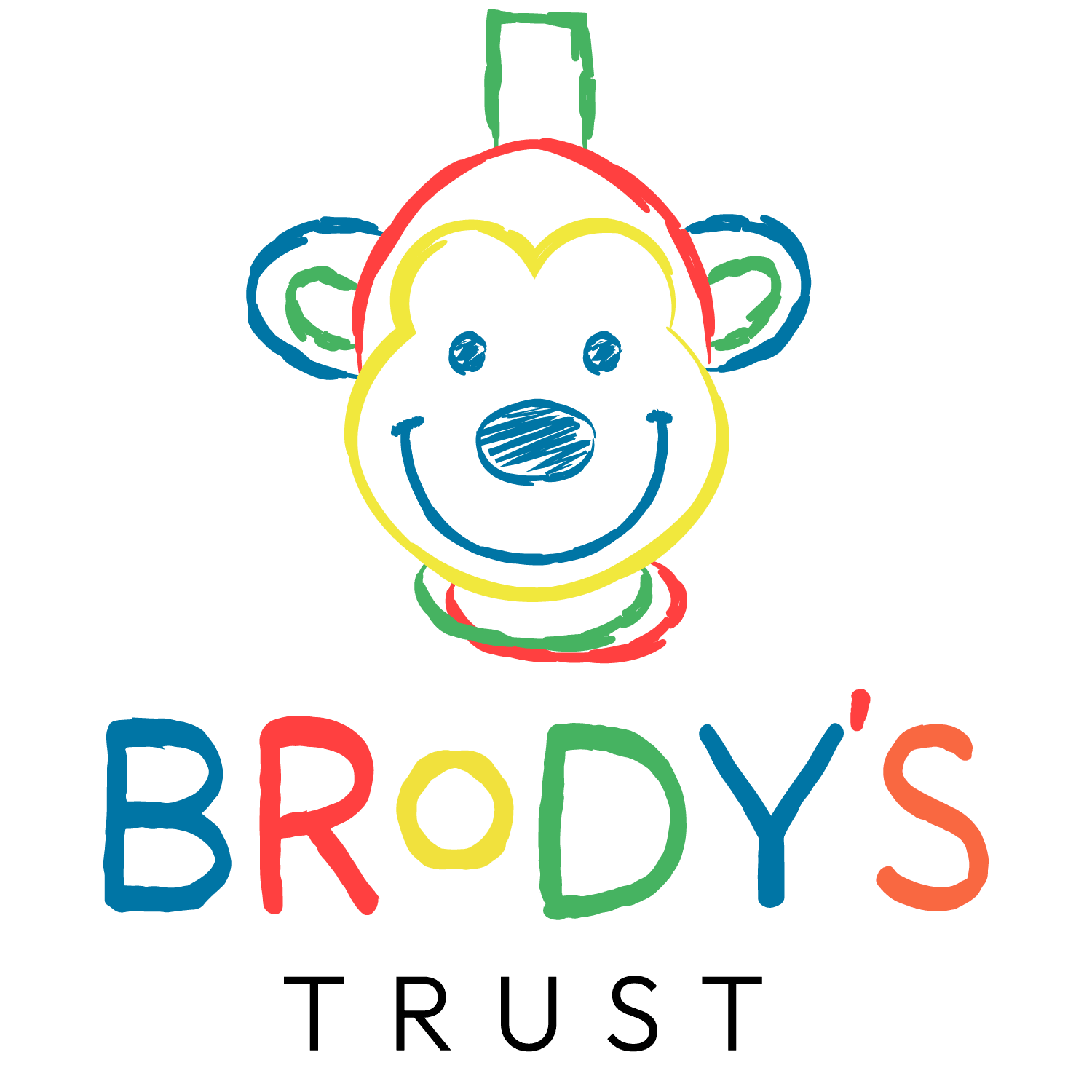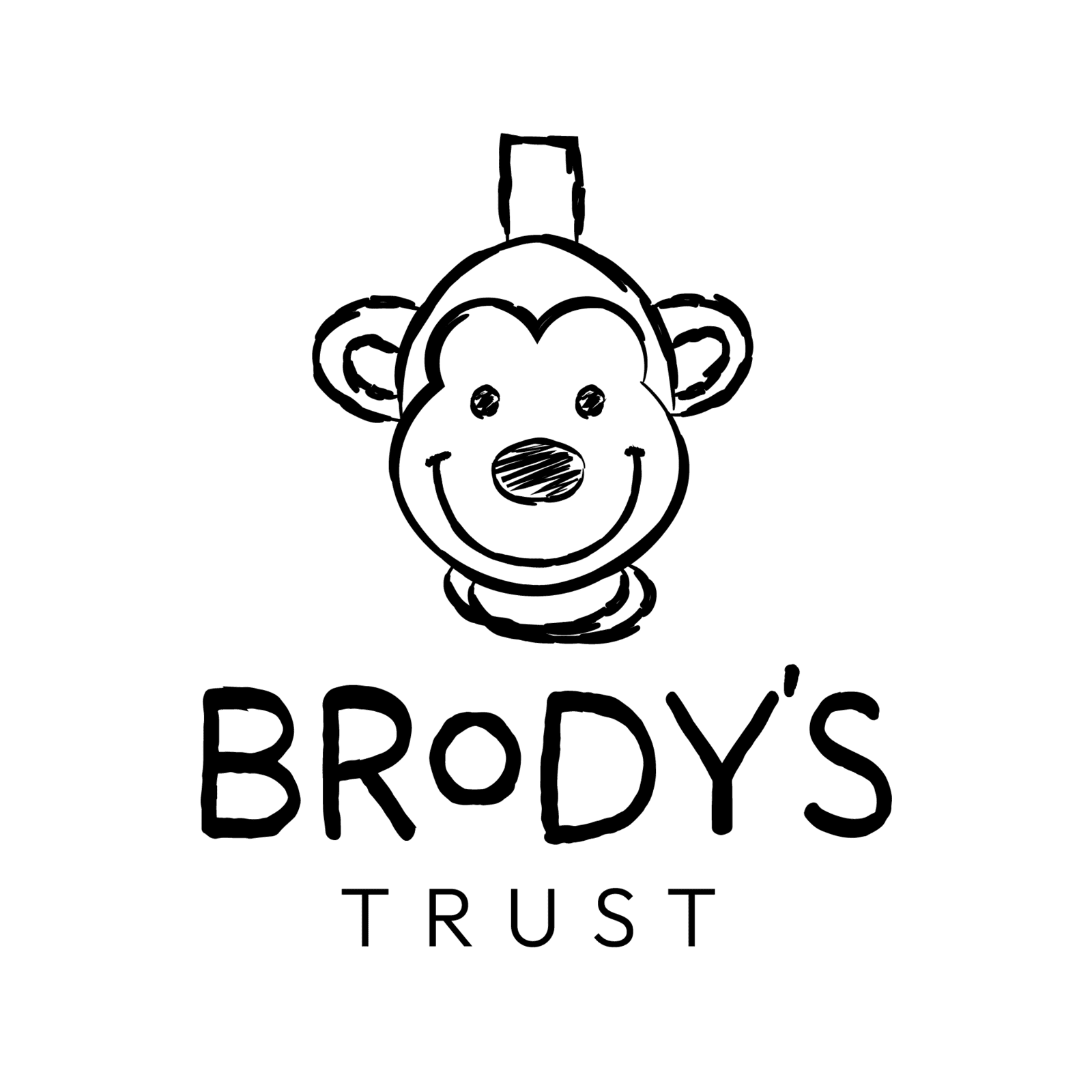Procurement Policy
1. Purpose
The purpose of this policy is to establish a clear framework for the procurement of goods and services at Brody’s Trust to ensure transparency, accountability, and value for money. This policy is designed to:
- Ensure that Brody’s Trust’s resources are used efficiently and responsibly.
- Encourage fair competition and ethical procurement practices.
- Maintain compliance with relevant legal and regulatory requirements.
- Ensure all procurement decisions align with Brody’s Trust’s mission, values, and financial constraints.
- Minimise financial and operational risks associated with long-term commitments.
2. Scope
This policy applies to all individuals involved in procurement activities on behalf of Brody’s Trust, including employees, trustees, volunteers, and contractors where relevant. It covers the procurement of:
- Goods (e.g., equipment, supplies, furniture).
- Services (e.g., IT support, consultancy, professional services).
- Works (e.g., building maintenance, renovations).
- Long-term contracts and agreements (e.g., software subscriptions, outsourced services).
This policy applies to all procurement, regardless of funding source, including grant-funded purchases, donations, and general operational expenditures.
3. General Procurement Principles
The following principles must be adhered to in all procurement activities:
3.1 Value for Money
Brody’s Trust is committed to obtaining the best possible value for money, balancing cost, quality, and sustainability when making purchasing decisions. This means considering:
- The total lifecycle cost of the product or service (purchase price, maintenance, disposal).
- The quality and suitability of the product/service for Brody’s Trust’s needs.
- Supplier reliability, ethical standards, and environmental impact.
3.2 Transparency and Accountability
- All procurement activities must be conducted in a fair, open, and transparent manner.
- Documentation must be maintained to support procurement decisions.
- Trustees, staff, and volunteers must declare any conflicts of interest that could influence procurement decisions.
3.3 Ethical and Sustainable Procurement
- Brody’s Trust prioritises working with suppliers who uphold ethical labour practices and environmental sustainability.
- Where feasible, preference should be given to local, small, or social enterprises that align with the charity’s values.
3.4 Competitive Process
- Competitive procurement practices help to ensure fairness and value for money.
- At least two quotations must be obtained for purchases exceeding £1,000 (as detailed in Section 5).
- Tendering processes must be followed for high-value contracts.
3.5 Compliance with Legislation and Grant Conditions
Procurement must comply with all applicable laws, including charity law, tax regulations, and funding agreements. If a purchase is made using restricted grant funds, the conditions of the grant must be followed.
4. Procurement Process
4.1 Low-Value Procurement (Under £1,000)
- Purchases under £1,000 may be made based on the best available option without requiring formal quotes, but staff must ensure reasonable cost-effectiveness.
- Purchases must be approved by an authorised officer within Brody’s Trust before being processed.
4.2 Medium-Value Procurement (£1,000 - £10,000)
- A minimum of two written quotes must be obtained for goods or services valued between £1,000 and £10,000.
- A formal record must be kept, detailing supplier comparisons, justifications, and approval.
- If only one supplier is available (e.g., for specialist services), justification must be documented, and approval sought from a senior officer or trustee.
4.3 High-Value Procurement (Over £10,000)
- A formal tendering process must be conducted, inviting at least three suppliers to submit proposals.
- Selection must be based on predefined evaluation criteria, including cost, quality, service levels, and ethical considerations.
- Contracts must be reviewed by the trustee board before approval.
5. Minimum Two-Quote Requirement for Purchases Over £1,000
For any purchase of goods or services exceeding £1,000, the following process must be followed:
- Supplier Comparisons – A minimum of two written quotes must be obtained to ensure competitive pricing and value for money.
- Evaluation and Justification – Selection must be based on objective criteria, considering price, quality, service reliability, and ethical factors. If the lowest-priced supplier is not chosen, a written justification must be provided.
- Approval Process
- Purchases between £1,000 and £5,000 must be approved by a designated senior staff member.
- Purchases above £5,000 require formal trustee approval.
6. Long-Term Service Commitments
For any new service requiring a minimum annual financial commitment, the following conditions apply:
- Trustee Board Approval – Any service or subscription requiring an annual commitment must be reviewed and approved by the trustee board before an agreement is signed.
- Financial Impact Assessment – A cost-benefit analysis must be conducted and presented to the trustees, outlining:
- Expected benefits and alignment with Brody’s Trust’s objectives.
- Financial implications, including multi-year commitments and exit clauses.
- Risks and alternatives considered.
3. Contract Terms Review - Contracts should include:
- Clear termination and renewal terms.
- Break clauses where possible to allow flexibility.
- Legal and regulatory compliance checks.
7. Supplier Due Diligence
Before entering into an agreement, suppliers must be assessed for:
- Financial stability.
- Quality assurance and references.
- Compliance with ethical and environmental standards.
- Experience and track record in providing similar services.
Where possible, Brody’s Trust should engage with local, small, or social enterprises that align with the charity’s mission and values.
8. Record Keeping and Compliance
- All procurement documentation, including quotes, contracts, and approvals, must be retained for a minimum of six years for audit and compliance purposes.
- Trustee board decisions regarding procurement must be recorded in official meeting minutes.
- Compliance with this policy will be reviewed periodically to ensure effectiveness.
9. Conflicts of Interest
- Staff and trustees must disclose any personal, financial, or business relationships with potential suppliers.
- Procurement decisions must not be influenced by personal interests, and individuals with conflicts must abstain from decision-making.
10. Exemptions and Special Circumstances
In exceptional cases where procurement procedures cannot be followed (e.g., emergency purchases, sole suppliers), a written exemption request must be submitted, providing:
- Justification for non-compliance with standard procedures.
- Alternative approaches considered.
- Approval from a trustee or senior officer.
11. Monitoring and Review
- This policy shall be reviewed annually by the trustee board.
- Adjustments will be made based on operational needs, regulatory updates, and best practices.
- Regular audits will be conducted to ensure compliance with procurement procedures.

